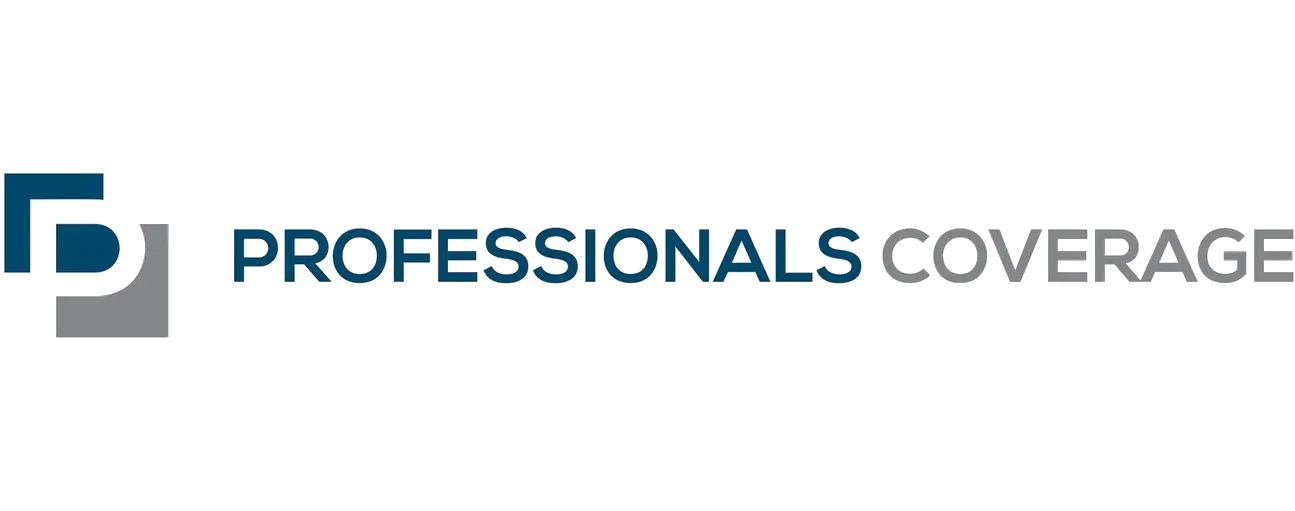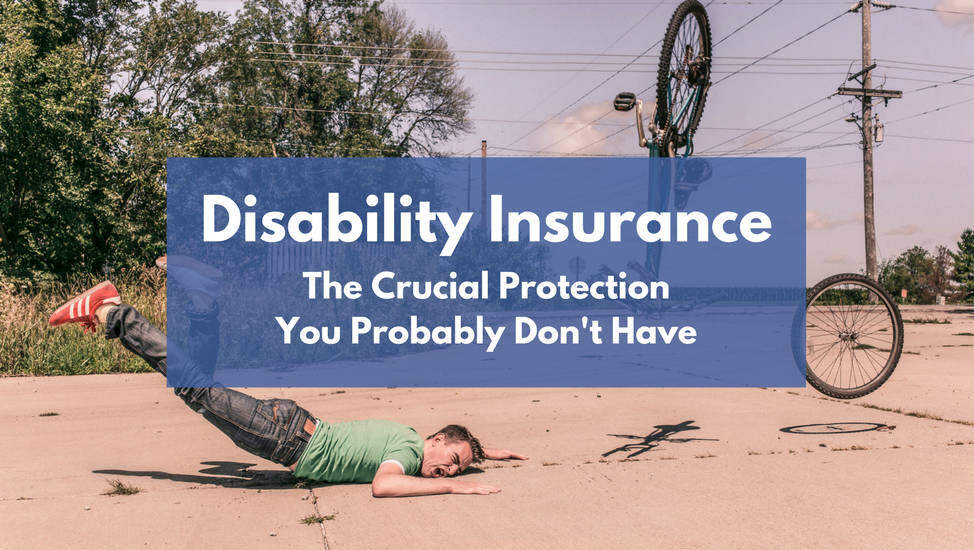Life is so much easier when you can pretend bad things don’t happen. However, pretending those bad things don’t happen won’t get you anywhere. It might make the situation easier at the time, but what happens when a bad situation does occur? Your best odds are to be prepared for bad situations and then put them out of your mind. That’s exactly what you can do when you invest in a sound disability plan. Given that 1 in every 4 Canadian 20-year-olds will become disabled before they reach age 67, it only makes sense to go ahead and do so. Long-term or short-term disability plans could be the safety nets that you need to keep you and your family afloat during your downtime.
How Disability Insurance Works
While disability insurance can no doubt be confusing and stressful, there are really only two major types of coverage available. This would be the short-term coverage and long-term coverage. You can probably surmise by the names what each does. Short-term disability insurance is usually a type of coverage that is provided through your employer and it will cover you generally for a three to six month period. These plans are available through private insurance carriers like ProfessionalsCoverage, but just know that you’ll pay much more for them. The truth is, you might end up paying more than what they are worth.
Long-term disability is obviously the same thing but just covers you for a longer period of time. Some plans might cover you anywhere from several years to several decades. That out of the way, it should also be clear that these protection plans by no means cover the entirety of your check. They usually only cover a portion. Think anywhere from 60 to 70 percent. While this type of coverage is offered by some employers, the majority of Canadian employers do not offer it. And, the ones that do likely offer adequate coverage. That’s okay though because such plans with adequate coverage are available through personal carries as well. When purchasing long-term plans from providers like ProfessionalsCovers, you’ll discover that the policies generally fall into two categories. This would be own occupation disability insurance and any occupation disability insurance.
Own Occupation Disability Insurance
This policy covers you in the event that you become unable to before the regular duties of your current job at the time of enrollment. If you are a surgeon with hand tremors that get so bad you can’t operate, you might seek employment as a medical teacher or tutor. If you score a job teaching, you’ll still be able to collect benefits because you are unable to perform your main job.
Any Occupation Disability Insurance
This policy is much less expensive when compared to own occupation disability insurance. However, it is also much harder to collect benefits from a policy like this. And, that is because this policy states that you must be medically rendered unable to perform any job. Going back to the above scenario, you would not be able to work and collect benefits at the same time.
Own occupation disability insurance is obviously the way to get maximum protection if you can afford it. It would also be wise to couple this policy with a non-cancelable and guaranteed renewable policy. The names of each policy pretty much suggest what they do. A non-cancelable policy means that the insurance provider cannot alter or cancel the terms of your policy as long as you are keeping up with your premiums. Guaranteed renewable means the same thing pretty much.
Long-Term And Short-Term In Tandem
Most people make the mistake of only assuming that they need long-term coverage. This would be the case if the coverage kicked in right away. Unfortunately, it does not! It can take anywhere from 30 to 365 days to kick in. This is why it is best if you can afford it, to opt for both a short-term and long-term plan. If you are lucky, you’ll be collecting your long-term before your short-term expires. As far as long-term coverage goes, it usually pays anywhere from 60 to 70 percent of your current earnings for a period of 10 years or until you reach retirement.
However, there are some policies that will only offer this type of coverage for two to five years. In Canada, the average disability claim usually only lasts for about a period of 3 years. ProfessionalsCoverage makes it more than easy to compare plans, rates, and explore additional coverage options. They are a premier Canadian insurance provider and have someone standing by around the clock ready to assist anyone. All you have to do is reach out to them via phone, text, e-mail, or in-person during office hours.
Acquiring Long-Term Disability Insurance
It doesn’t matter which provider you decide to get long-term disability insurance through, there is going to be a whole process that you’ll have to go through. The application portion of the process can take anywhere from six to seven weeks to complete. It’ll usually be done in the following stages:
- Comparing Quotes – Each provider will likely charge a different amount for the same amount of coverage. And, this is because they have their own ways of assessing how much of a threat you are to them. Some base it on health, your job, your age, and the number of years you’ve been working. Some base it on similar parameters. Whatever the situation is, you want to use a tool to help you compare quotes, so that you know you are getting the best rates possible.
- The Paperwork – Once you find the provider, you’ll now be required to complete a basic application. You’ll want to make sure you have all your personal information handy, as well as your employment information and income documentation for the last 6 months. All of this will just make the process faster for you.
- Medical Exam – Unfortunately, there will likely be a medical exam involved with the process as well. It is something that the insurance provider will set up and pay for, but it can take anywhere from 30 to 45 minutes to complete. Sometimes a nurse or caretaker will come to your home or workplace and collect information like your weight, height, and blood pressure along with a urine or blood sample. The results are then sent to the provider where they can be scrutinized.
- A Phone Interview – It doesn’t end with the medical exam. The insurance provider will likely be contacting after the exam to collect even more information. They’ll want to know things like whether or not you travel, your hobbies, medical history, your family’s medical history, and more.
- Underwriting And Approval – The underwriting process can take anywhere from two to four weeks, but once you reach this point, you are nearly done. The more complex the medical history, the longer it will take.
- You Finally Purchase – At this point, you’ll have to sign a delivery receipt and authorize a payment method to activate the policy.
Types of Disability Insurance we offer
- Long-Term Disability Insurance (LTD)
- Short-Term Disability Insurance
- Key Person Disability Insurance
- Self Employed Disability Insurance
- Mortgage Disability Insurance
- Temporary Disability Insurance
- Supplemental Disability Insurance
Other Disability Insurance Resources that you can read
- Are Canadian Disability Insurance Premiums Tax-Deductible?
- Will My Long-Term Disability Income Be Taxable?
- Dealing With Elimination Periods For Short And Long-Term Disability Insurance
- Pregnancy And Disability Insurance
- Who Pays For Disability Insurance?
- Why Employers Offer Disability Insurance
- Maternity Leave And Disability Insurance Benefits
- How Long Do Long-Term Disability Benefits Pay?
- How Much Does Long-Term Disability Insurance Cost?
- Is Disability Insurance Worth It?
- How Much Disability Insurance Should I Get?
- What Does Disability Insurance Cover?
- What To Look For In Disability Insurance?
- Do I Need Disability Insurance After I Retire?
- Does Disability Insurance Cover Pre-Existing Conditions?
- How Does Disability Insurance Work?
- How Long Does Long Term Disability Insurance Pay?
- Is Wage Loss Insurance The Same As Short Term Disability?
- When Does Long Term Disability Insurance Start?
- Can You Buy Your Own Short Term Disability Insurance?
- Can You Get Disability Insurance If You Are Unemployed?
- Can I Buy My Own Short-Term Disability Insurance?
- Can You Get Individual Short Term Disability Insurance?
- Are Credit Cardholders Insured By Disability Insurance Plans?

